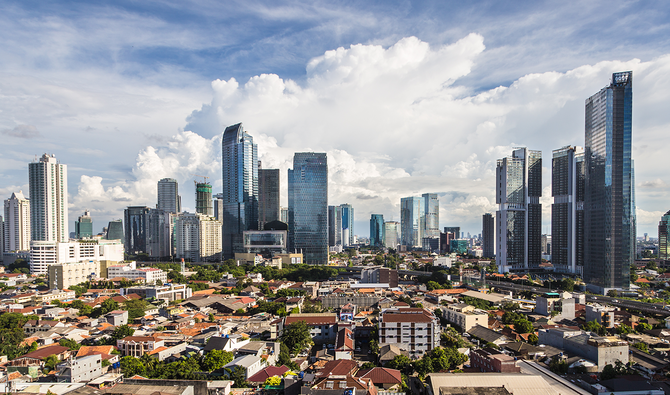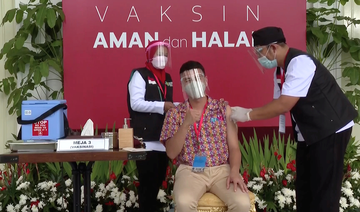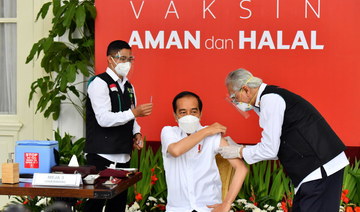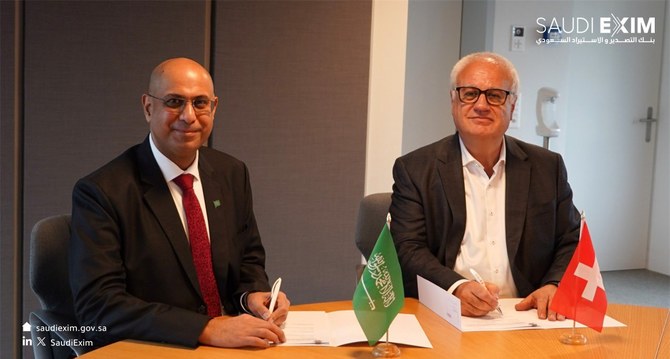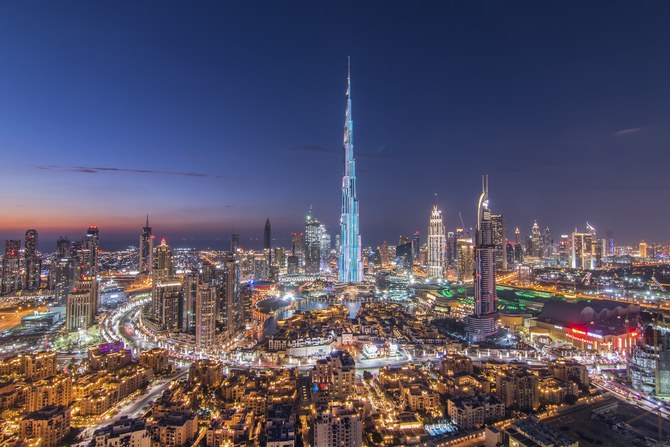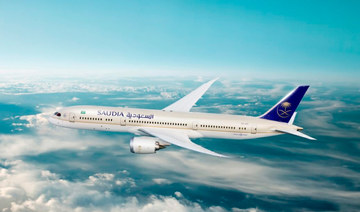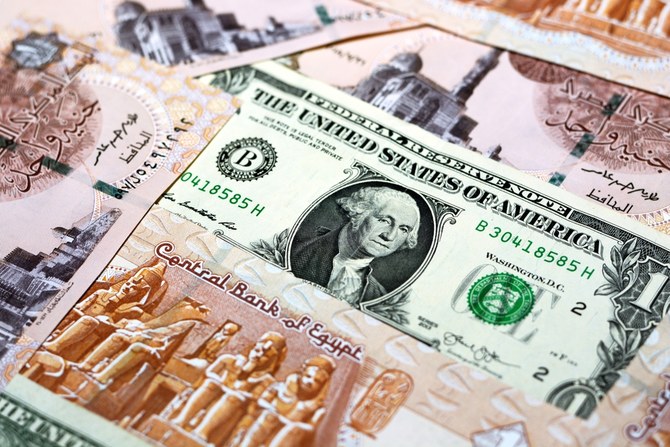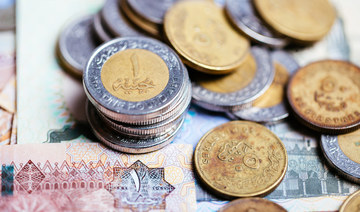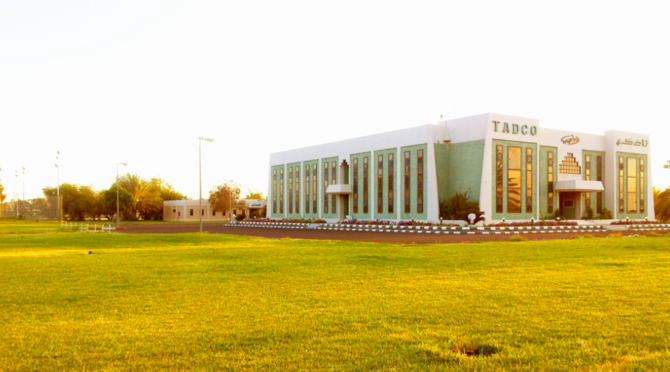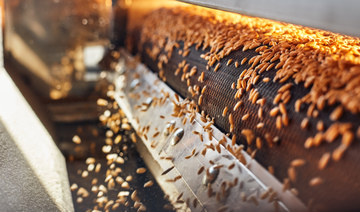JAKARTA: Indonesia has launched a campaign to help small firms in the country compete for millions of dollars-worth of food trade in Saudi Arabia.
The government aims to help small and medium-sized enterprises (SMEs) improve the quality and competitiveness of their products to meet the Kingdom’s required standards, Indonesian trade and commerce officials have said.
Under normal circumstances, before the coronavirus disease (COVID-19) pandemic, around 1.5 million Indonesians a year make the pilgrimage to Saudi Arabia to perform Hajj and Umrah and hundreds of thousands work in the Kingdom.
They will be the main target of the export initiative, which is estimated by the Indonesian Ministry of Trade to be able to generate $60 million.
To meet the Saudi food regulator’s standards, the Indonesian Chamber of Commerce (Kadin), the Ministry of Trade, and the Ministry of Cooperatives and Small-Medium Enterprises have teamed up to assist SMEs in improving products such as bottled chili sauce, soya sauce, coffee, tea, and sugar that are in highest demand among Indonesians in Saudi Arabia.
Kadin chairman, Rosan Roeslani, told Arab News: “We have facilitated five small-medium enterprises that produce soya sauce to obtain Saudi Food and Drug Authority approval for distribution, while nine tea and coffee producers are in the pipeline to also obtain a license. We have also submitted the application for four bottled chili sauce producers.”
While travel and pilgrimage restrictions remain in place due to the COVID-19 outbreak, he said that the time before things get back to normal will be used to prepare the SMEs — which contribute 60 percent to the country’s gross domestic product and employ up to 90 percent of its workforce — for expansion into the Saudi market as soon as the pilgrimage sector resumes.
“We still have time to groom them as there are many aspects such as hygiene, and consistency in their product quality and quantity that they need to improve,” Roeslani added.
In 2014, the Ministry of Religious Affairs issued a regulation obliging catering companies that provided food and drink to Indonesian pilgrims in Saudi Arabia to source their products from Indonesian producers whenever possible.
Indonesia’s vice religious affairs minister, Zainut Tauhid Sa’adi, said that as each Indonesian pilgrim received food from caterers an average 75 times during his or her pilgrimage, demand was high but supply in Saudi Arabia remained limited and similar products from India and Thailand had been used instead.
Kasan Muhri, director general for export development at the Ministry of Trade, told Arab News that the program to prepare the SMEs had been in the making since 2017 and officials eventually decided to launch it this year despite the COVID-19 restrictions.
“Just because there are few Umrah pilgrims now and this year’s Hajj remains uncertain, it does not mean that the market is gone.
“People from around the world would still go to Saudi Arabia to perform the pilgrimage, not just Indonesians, so we are doing this to anticipate the market when the economy revives, and things are recovered. We don’t want to be left behind,” Muhri said.
Besides food and beverage products, officials say they are also looking into the possibility of exporting items such as goodie bags, prayer beads, and other pilgrimage accessories made by Indonesian SMEs.



